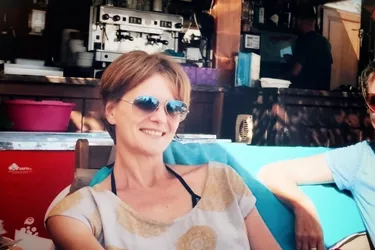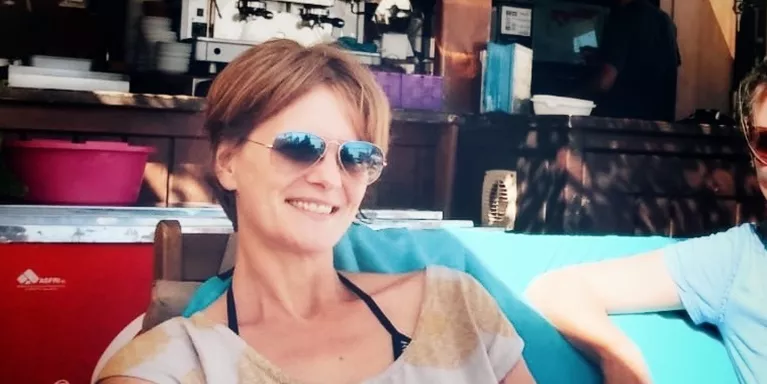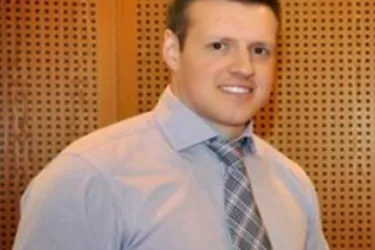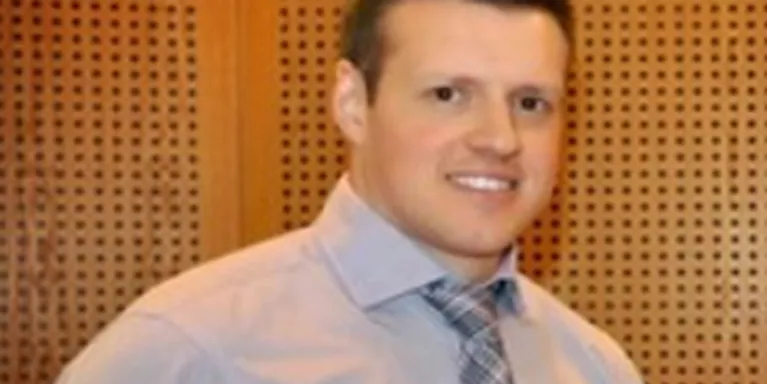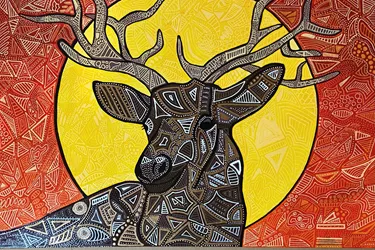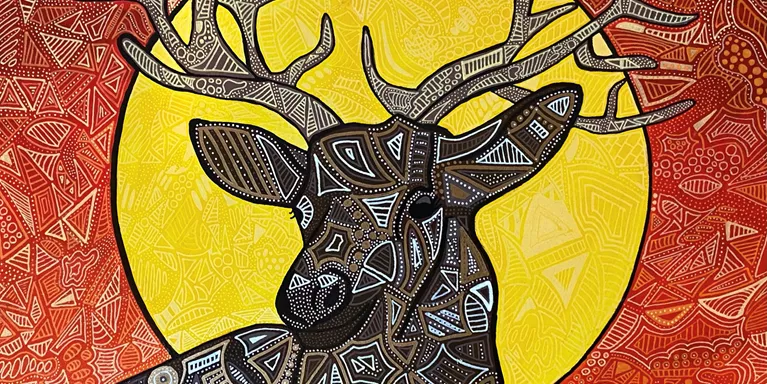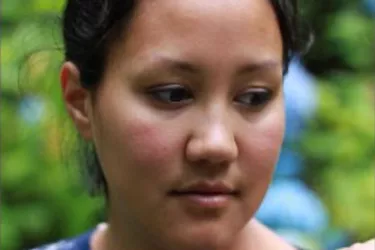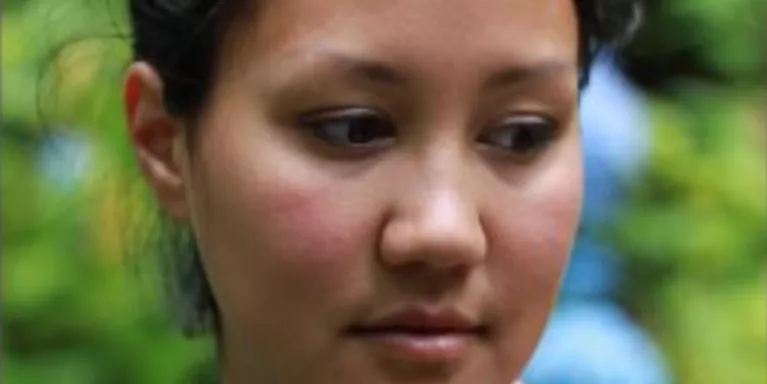Art is my OCPD therapy
Emily, who lives with obsessive-compulsive personality disorder, blogs about how Zentagling helps her.
People think I’m saying OCD wrong when they find out I’m diagnosed with OCPD; not many people know anything about it. Obsessive-compulsive personality disorder (OCPD) has zero flexibility, rules are rules and there is no room for mistakes, but imagine that with obsessive-compulsive disorder (OCD) tendencies too.
People with OCD will often be able to identify that their compulsions and obsessions may need treatment, whereas people with OCPD often don’t see anything wrong with their behaviour. With OCPD I believe that my way is the right way to do everything. All tasks - big or small - must be done exactly how I need them to be done; otherwise, they're not done properly. Then the OCD comes in to play, and you get intrusive thoughts and compulsive repetitive rituals. It’s one big continuous circle.
I admit that it sounds like I am being ‘picky’, but it is definitely not a matter of pickiness.
It’s a difficult illness to explain, it’s more of a way of life. It is ingrained in my personality, which is why OCPD is difficult to diagnose & manage.
I also have generalised anxiety and social phobia, so as you can imagine my mind is busy all the time; even when I’m sleeping.
The easiest way to explain my condition is imagine you have 100 tabs open on your internet browser. Now imagine pop-ups that keep appearing and adding more tabs to the ones you already have open, then one starts playing music and another one starts playing a video, and no matter how hard you try you can’t find which tabs are the ones making noise to close them. So now you’re frantically trying to find which tabs are playing the music and the video and whilst doing that you still having more pop-ups adding to your browser tabs! That’s life inside my brain, constantly. All day every day!
The need for relief
To help myself have a bit of relief, I started to draw and I found my love of Zentangle. I’m a self-taught Zentangle artist. It’s extremely therapeutic and I can’t go a day without drawing or painting.
Zentangle is basically a form of doodling. As soon as I put that pen to the paper, the patterns and line work just appear on the page. I keep going and going until eventually I have filled the entire page and my art has come to life.
"Before I know it, I have my completed a piece of art, and have managed a little bit of relief."
I draw my basic shape of whatever I’m creating – it can be inspiration from anything, such as my coffee mug, animal or landscape. I then use acrylic paint to give me a basic canvas of colour, which in turn just kind of looks like big blocks of random colours dropped onto a piece of paper. Then the detail happens. Zentangle!
Before I know it, I have my completed a piece of art and an hour or two has passed. During that time, I have managed a little bit of relief. I also upload some of my art on Instagram to share with others.
How Zentangle saves me from myself
Zentangle saves me from myself on a daily basis. It gives me freedom to express who I am. Each pattern and line projects my thoughts and feelings on to paper. Gazing into the patterns of Zentangle artwork can be mesmerising, which is why when I’m drawing and painting I get lost in the captivating thought process. This is what helps me.
You may be thinking how does someone with OCPD cope with this kind of art? Doesn’t it have to be exact? No, not with art and especially not with Zentangle. That’s the beauty of it. Yes, I have thrown a lot of art away due to it not being the way I would like, but it doesn’t have to be perfect. In fact it should be the opposite. It should just be different and expressive, which is amazing for someone like me because if I make a mistake I can turn it into another pattern. There are no expectations.
"All my artworks are busy and look complicated from an initial viewing, just like me."
Drawing is my therapy. I have a short period of calm inside my very busy brain thanks to my art. All my artworks are busy and look complicated from an initial viewing, just like me.
Just like anyone with a mental illness, I’m complicated and beautiful. Something we should never forget about ourselves.
If you are interested in viewing my art and finding out about Zentangle you can visit my Instagram profile (@CreativelyComplicated).


Information and support
When you’re living with a mental health problem, or supporting someone who is, having access to the right information - about a condition, treatment options, or practical issues - is vital. Visit our information pages to find out more.
Share your story with others
Blogs and stories can show that people with mental health problems are cared about, understood and listened to. We can use it to challenge the status quo and change attitudes.










